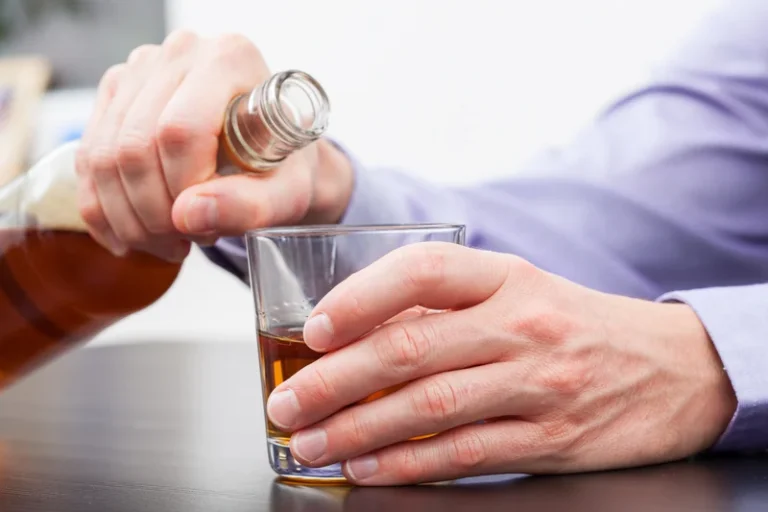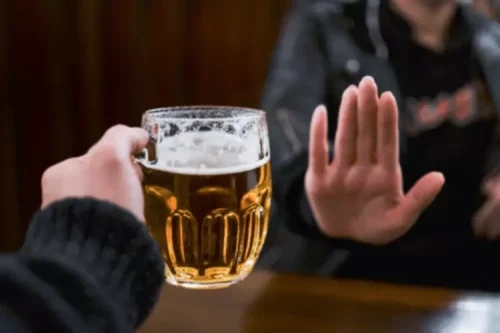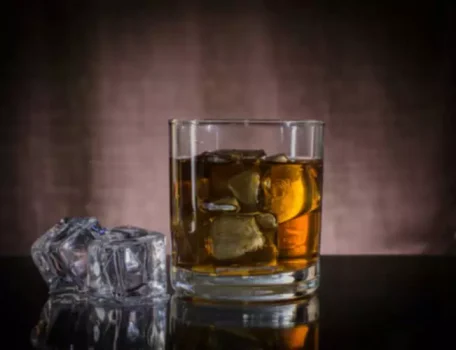Alcohol and Your Kidneys National Kidney Foundation

This serious condition will likely need prompt medical attention. Ethanol administration in rats showed particular alterations in the renal antioxidant system and glutathione status [4,5]. Polyphenols, which are found in beverages, such as red wine, also have antioxidant effects [6,7]. However, another rat model showed that ethanol may increase blood pressure and angiotensin II type 1 receptor expression, causing glomerular morphology changes.
Effect of body mass index on the association between alcohol consumption and the development of chronic kidney disease
For example, in an early study on dogs (Chaikoff et al. 1948), investigators observed several striking alterations after chronic alcohol administration. The basement membrane of the glomerulus (see sidebar figure) became abnormally thickened and was characterized by cell proliferation. Further changes included enlarged and altered cells in the kidney tubules. In another study, Van Thiel and colleagues (1977) compared kidney structure and function in alcohol-fed and control rats. The kidneys have an important job as a filter for harmful substances. Alcohol causes changes in the function of the kidneys and makes them less able to filter the blood.

Annual Day of Tribute 2X MATCH
It also discusses the question is alcohol bad for your kidneys when you have kidney disease. For people with kidney disease who are having dialysis or on a low-potassium and/or low-phosphate diet, alcohol can be particularly challenging. Kidney dietitian Nick McAleer from Royal Devon and Exeter NHS Foundation Trust offers advice about choosing drinks. Reducing alcohol intake can lessen the risk of alcohol-related kidney disease.
Drinking Alcohol Affects Your Kidneys
Our team of experienced, compassionate urologists are here to assist you. Subjects that were aged more than 18 years old were selected from the 2001, 2005, and 2009 NHIS. Those with a diagnosis of CKD in the medical insurance record before the interview date were excluded.
- The difficulties in successfully managing dilutional hyponatremia have resulted in the recent emergence of a promising class of new drugs to treat this abnormality.
- A person is at risk of different complications depending on the underlying cause of the kidney pain.
- For example, in an early study on dogs (Chaikoff et al. 1948), investigators observed several striking alterations after chronic alcohol administration.
- Physically, the kidneys have several enzymes with antioxidant capacities, including superoxide dismutase (SOD), catalase (CAT), and glutathione peroxidase, which can balance various oxidative processes.
- According to the NKF, one potential symptom of AKI is flank pain, which is pain in the side of the back, between the ribs and hips.
- Having more than three drinks in a day (or more than seven per week) for women, and more than four drinks in a day (or more than 14 per week) for men, is considered «heavy» drinking.
- Additional studies are needed to confirm these observations, however.
- Even without binge drinking, regularly drinking too much too often can also damage the kidneys.
- Still, you should talk with your doctor about the safety and impact of drinking alcohol if you already have kidney disease or kidney cancer.
- Alcohol can produce urine flow within 20 minutes of consumption; as a result of urinary fluid losses, the concentration of electrolytes in blood serum increases.
- In addition, the subjects’ blood pressure and plasma potassium concentration decreased.
Alcohol also affects the ability to regulate fluid and electrolytes in the body. When alcohol dehydrates (dries out) the body, the drying effect can affect the normal function of cells and organs, including the kidneys. In addition, alcohol can disrupt hormones that affect kidney function. The data set did not contain laboratory data and the CKD diagnosis was dependent how does alcohol affect the kidneys on the ICD-9-CM code. Participants’ baseline characteristics, including weight, height, education, marriage status, household income, smoking, drinking, diet, and exercise habits, were self-reported, and recall bias should be concerned. The survey questions did not distinguish non-drinkers and former drinkers, and former drinkers were categorized as non-drinkers.

About this article
Unfortunately, we only know that low-concentration ethanol can improve renal antioxidant capacity, but the exact dose and period are still unclear. As early as thousands of years ago, humans had mastered the primitive aspects of brewing technology. Nowadays, many forms of ethyl alcohol are available, such as beer, wine, vodka, and other spirits, and these have become very popular among adults. However, excessive alcohol consumption has become a worldwide problem. The World Health Organization estimates that more than 55% of adults consume alcohol, and 140 million people worldwide have alcoholism [1,2]. In fact, alcoholism is a serious problem in Asia, where 10.6–23.67% of men and 1.84–5.3% of women have a history of excessive alcohol consumption [3–9].

Abnormal immunoreaction and renal tubular dysfunction to alcohol consumption

